Blog
Advice and expertise from AM, and special guest posts by leading archivists, academics and librarians from around the world.
-
TitleDescriptionDate
-
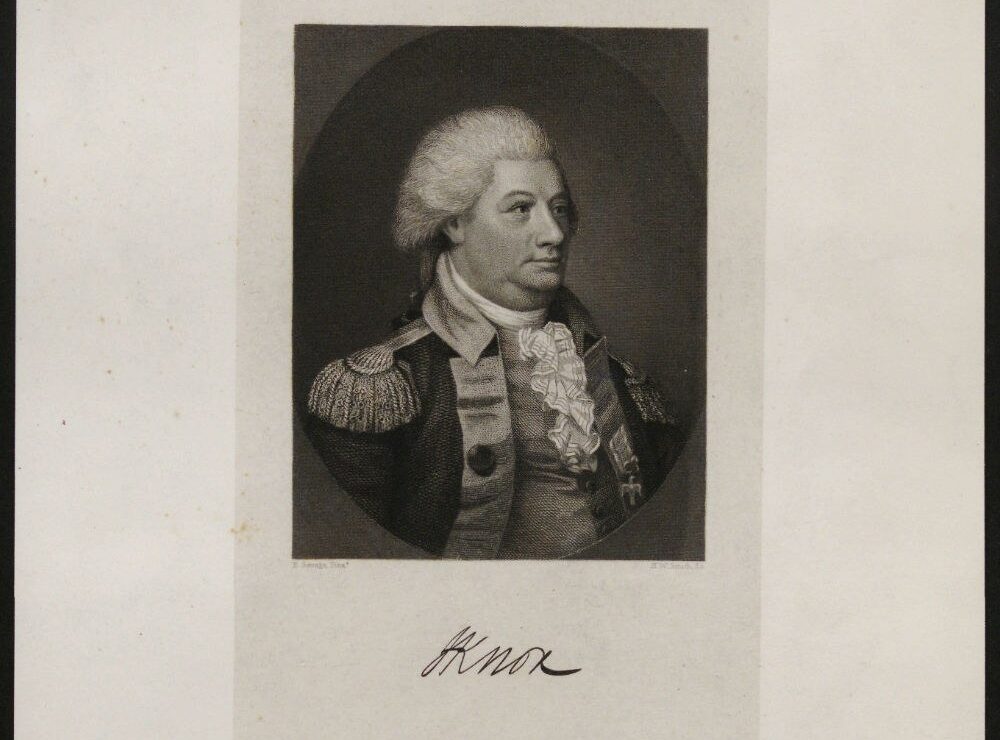 Henry and Lucy Knox; a couple separated by the Revolutionary War
Henry and Lucy Knox; a couple separated by the Revolutionary WarOver the past couple of weeks I have been working with the Henry Knox collection held at the Gilder Lehrman Institute; a collection that looks at one of the key military figures of the Revolutionary War.
-
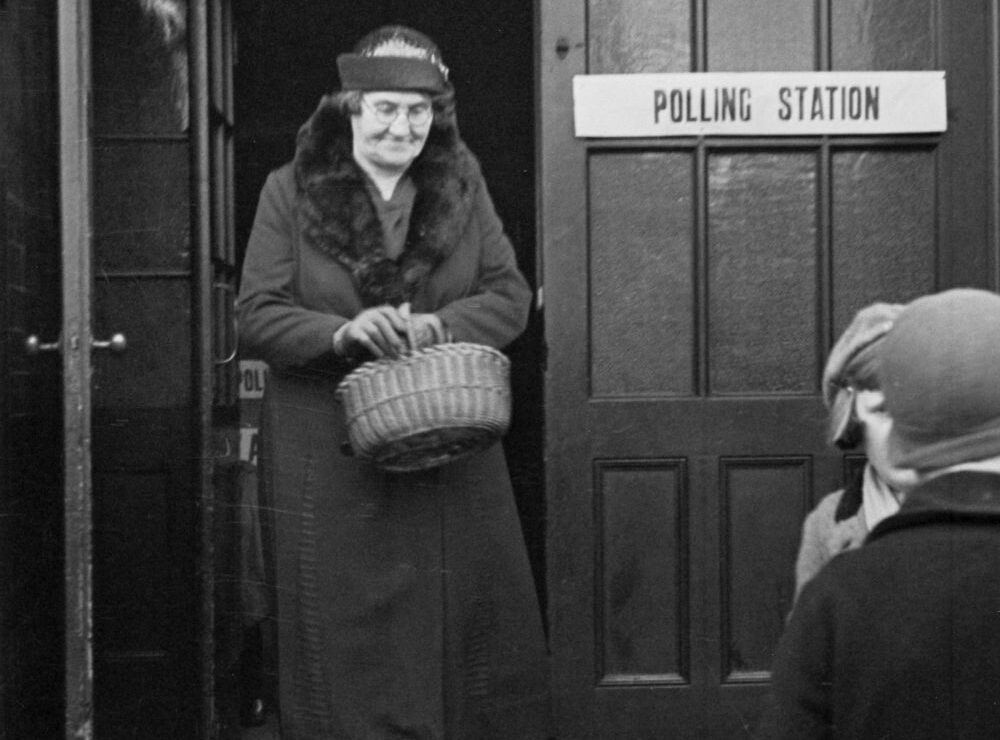 Complaining: A Very British Art
Complaining: A Very British ArtDid you vote in the elections two weeks ago? Horror, apathy, fatalism and despair are all emotions I’ve come across since the results were published, from many different people from various walks of life. Everybody sees politics slightly differently, but nobody ever seems to be particularly happy about the outcome.
-
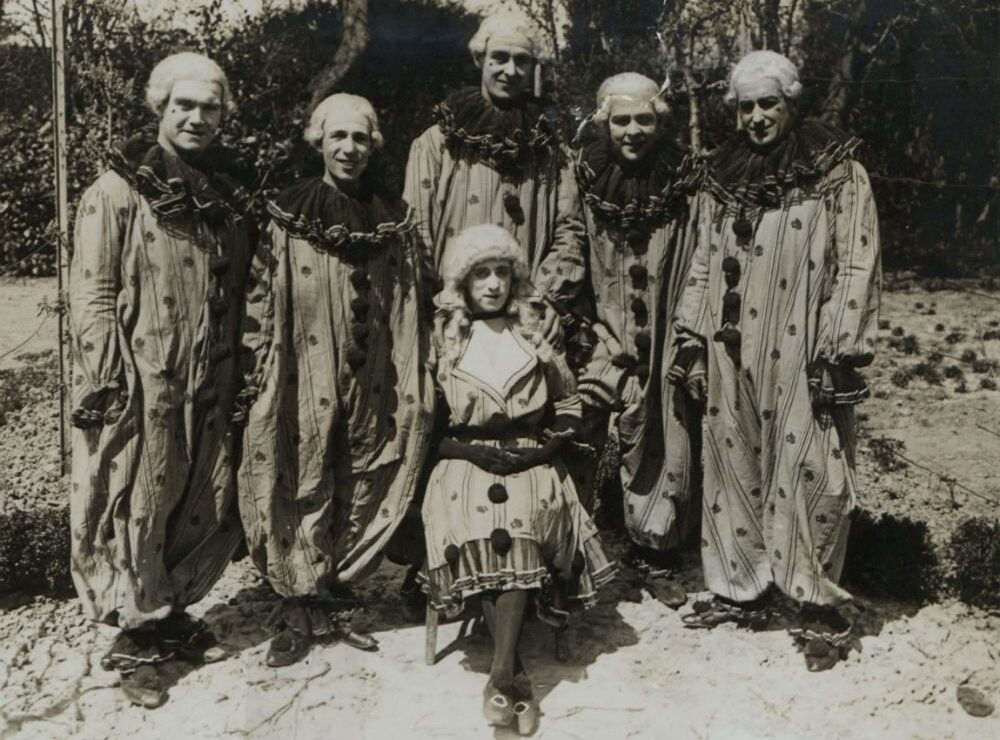 A Stage for the Brave
A Stage for the BraveI, for one, adore the theatre; the bright lights, the energy, the set, the somewhat mystical quality that envelops you when confronted with the stage, upon which unfurls anything from a deeply moving fictitious work to light-hearted and humorous banter. After all, we all seek a sense of escapism and a yearning for pure entertainment.
-
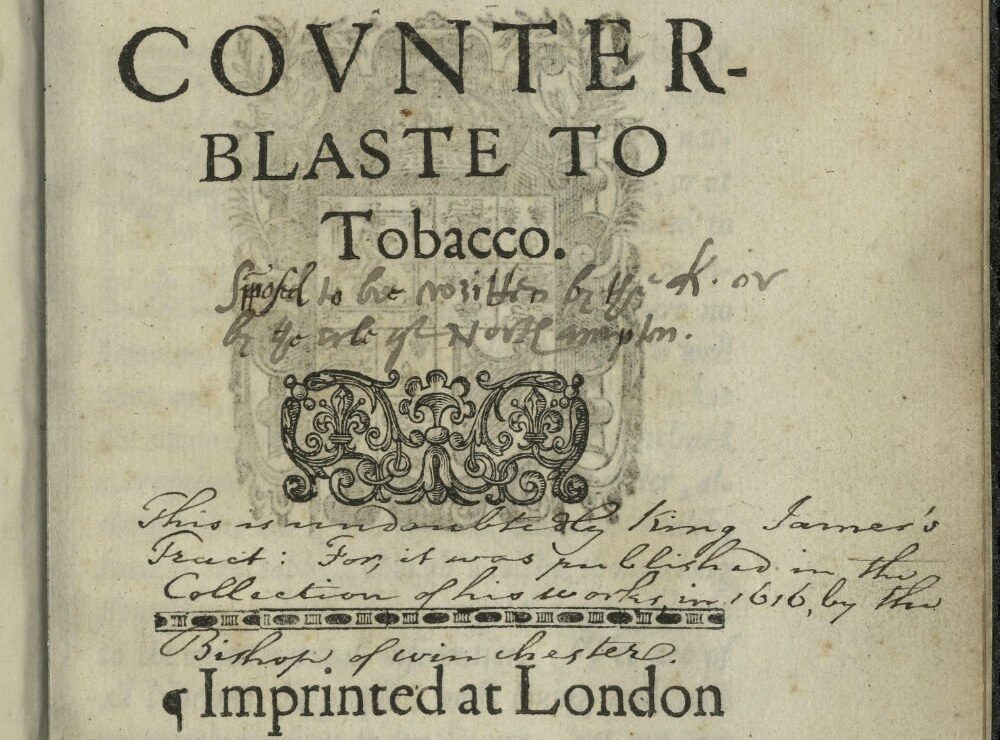 A Very Regal Rejection of Tobacco
A Very Regal Rejection of TobaccoIt’s not exactly a common occurrence these days that the mere mention of tobacco is met with an audible gasp of wonder. But this was precisely the reaction I encountered recently whilst delivering a webinar showcasing our resource Global Commodities: Trade, Exploration & Cultural Exchange
-
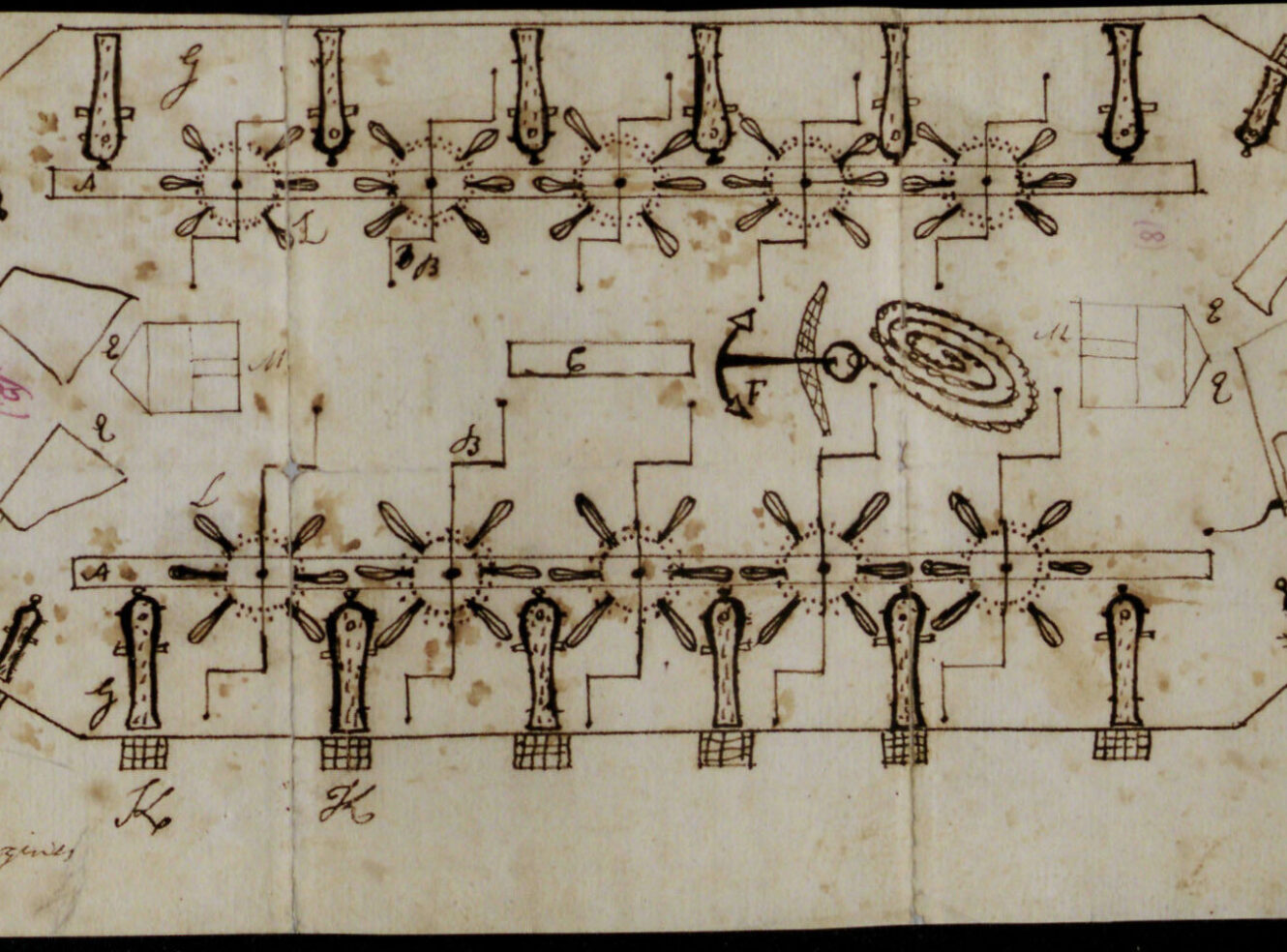 Annoy the enemy upon all quarters!
Annoy the enemy upon all quarters!Long experience has shown the human race that the surest way to provoke technological innovation is to fight a war. This being so, I shouldn’t have been surprised to find in the papers of Henry Knox, general in the Continental Army and artillery specialist during the American War of Independence, a design from about 1775 for an improved, and rather intriguing, type of naval vessel.
-
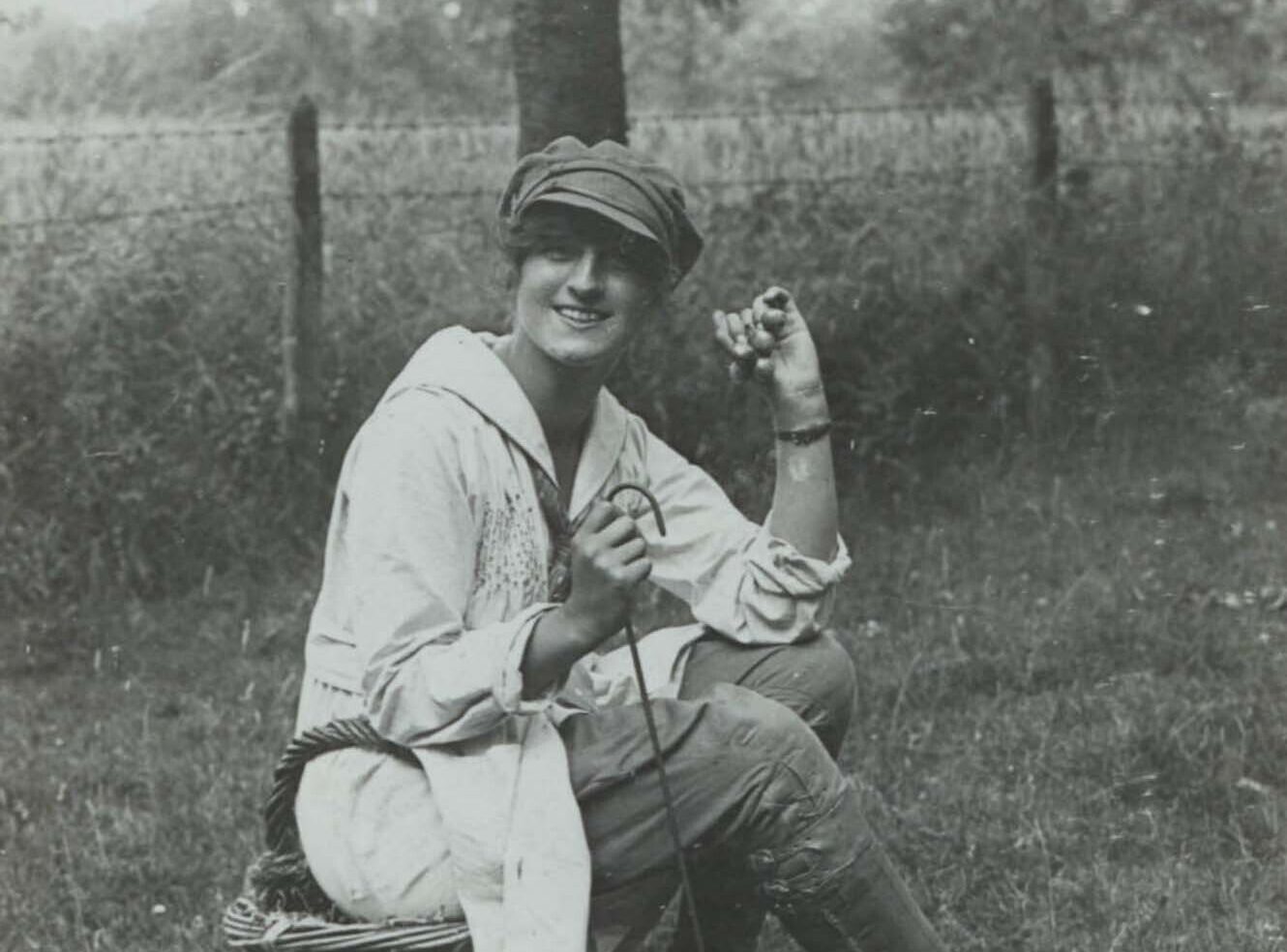 Channelling my Inner Wood Nymph: The Women’s Land Army in WW1
Channelling my Inner Wood Nymph: The Women’s Land Army in WW1After months of rain and grey skies we are finally seeing glimpses of a proper spring. New lambs are in the fields and my garden, which has resembled a muddy swamp for most of the winter, is now beginning to pop with colour. Even the chickens, who have sulked in their coop for months, have begun to lay again
-
 Dance with the Devil: William Ellis, missionary, and Hawaiian hula
Dance with the Devil: William Ellis, missionary, and Hawaiian hulaTo twenty-first-century tourists, Hawaiian hula dancing is symbolic of Pacific island paradise. However, travel back almost two hundred years, to over a century before Hawaii became an American state, and see the hula at the centre of a moral battleground.
-
 The Power of Celebrity
The Power of CelebrityThe Institute for Motivational Research often employed ‘depth interviews’, an approach to consumer surveys that asked quasi-psychiatric questions to expound the sub-conscious motivations behind consumer choice. In the reports for Quality Bakers, Dichter and his team asked their pool of respondents to describe the qualities they associate with famous actors, with the final report ranking the considered endorsers in terms of appropriateness for the wholesome, energy-giving qualities they wanted Sunbeam bread to embody.
-
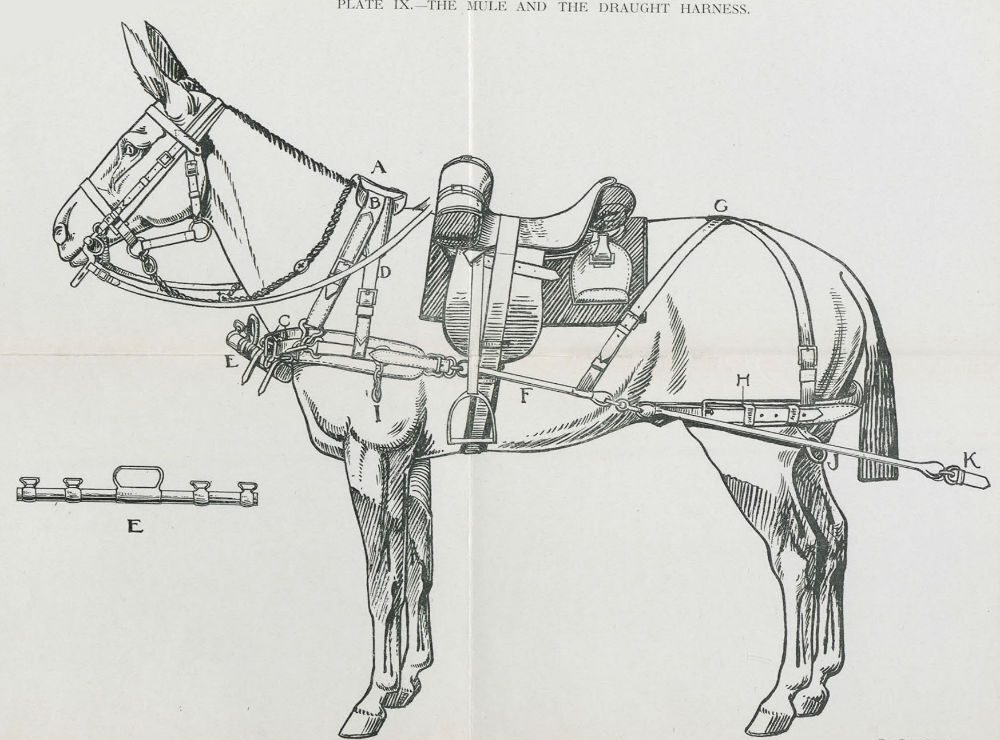 Don’t Forget to Check for Nails ...
Don’t Forget to Check for Nails ...On a very wet Sunday evening, four inches deep in Wiltshire mud with a horse in one hand and an obstinate gate in the other, I had a flash of inspiration for my object of the week.
-
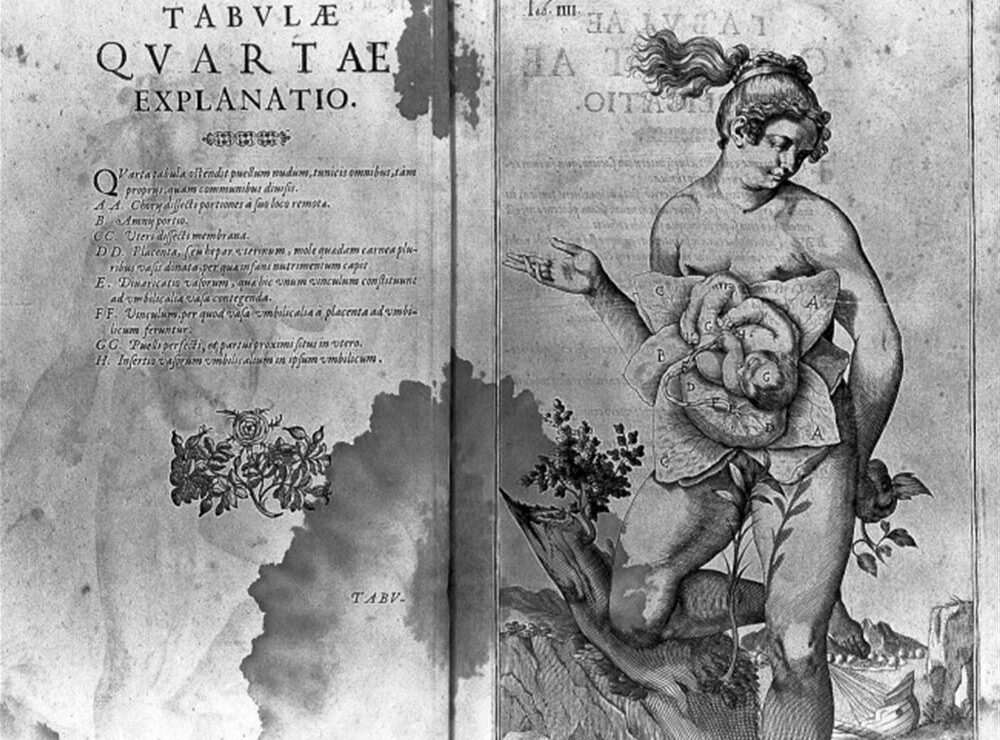 The First Cut is the Deepest
The First Cut is the DeepestThis page is taken from De Formatu Foetu, or, The Formation of the Foetus, a work by the Flemish anatomist Adrianus Spigelius that examined the female reproductive system.
-
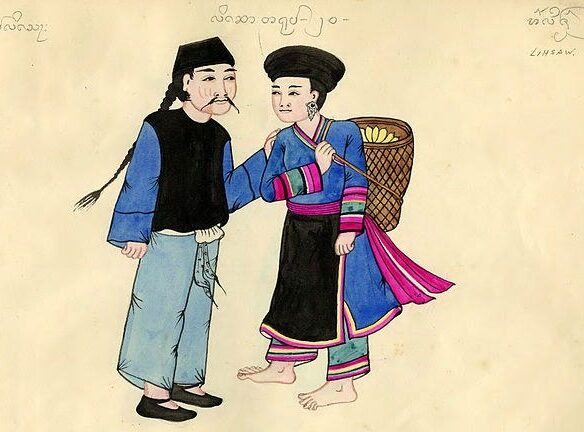 The End of the World
The End of the World“Ch’iaot’ou is a market of about 100 families and gives the impression of being the end of the world, as it is near the limit of settled Chinese penetration in those parts, and beyond is nothing but t’ussu ti, the wild tribal territory of the Sawbwas.”
-
 Beatlemania
BeatlemaniaWhilst I was visiting the Big Apple last week on business I ventured to Central Park to visit Strawberry Fields; an area of the park that pays tribute to the late John Lennon. The ‘Imagine’ mosaic which lies in the centre of the area is adjacent to the Dakota apartment building. Lennon was returning home to the Dakota building when he was shot dead on December 8th, 1980. Strawberry Fields is a living memorial to the world-famous singer.
-
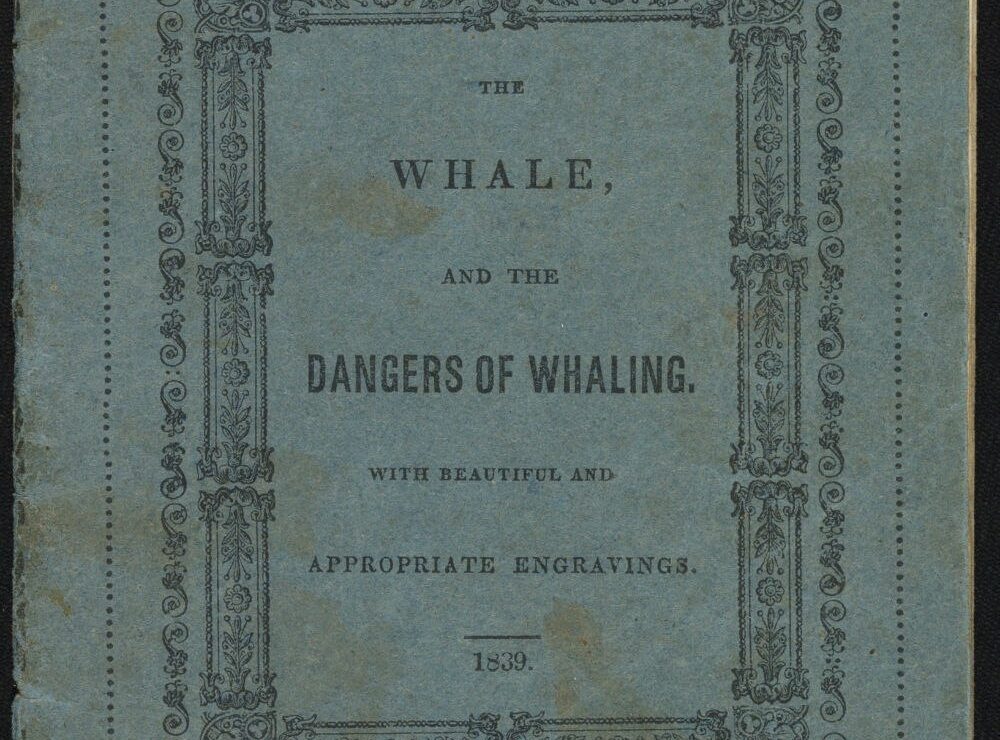 The Children's Guide to Harpooning Whales
The Children's Guide to Harpooning WhalesAnyone exploring the many maritime logbooks in our resource China, America and the Pacific will know how gruesome and perilous whaling voyages could be in the eighteenth and nineteenth centuries (I refer you to Paul’s grisly and fascinating post from November). Lots of blood, lots of screaming, lots of death… Definitely post-watershed stuff, I’d have said, wouldn’t you?
-
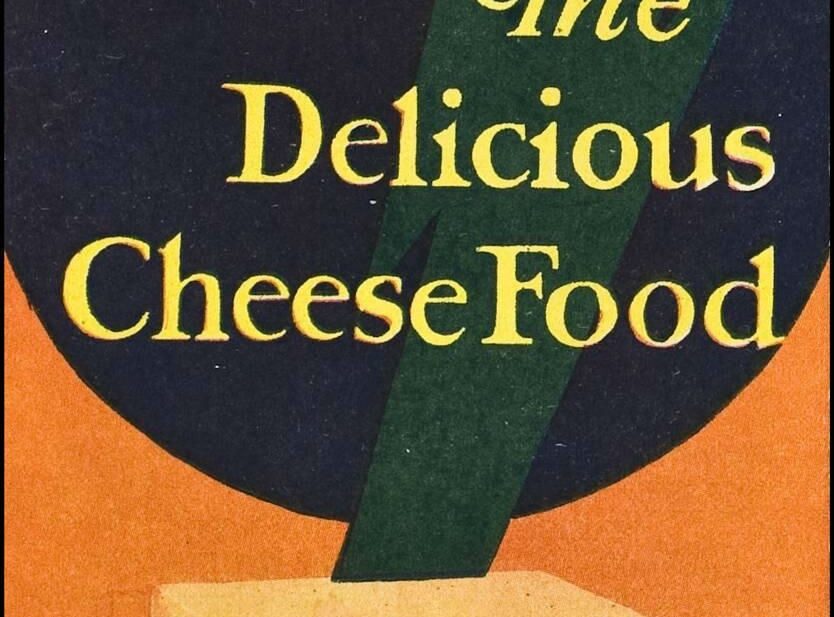 Food: Accept No Substitute
Food: Accept No SubstituteEvery January without fail, I am inevitably left feeling the pinch – not just of an empty purse but of my favourite pair of jeans that take a little extra ‘persuading’, shall we say, to fasten (usually holding onto the waistband and jumping a few centimetres into the air whilst breathing in will do it). Therefore, every January without fail, I resolve to do something about it.
-
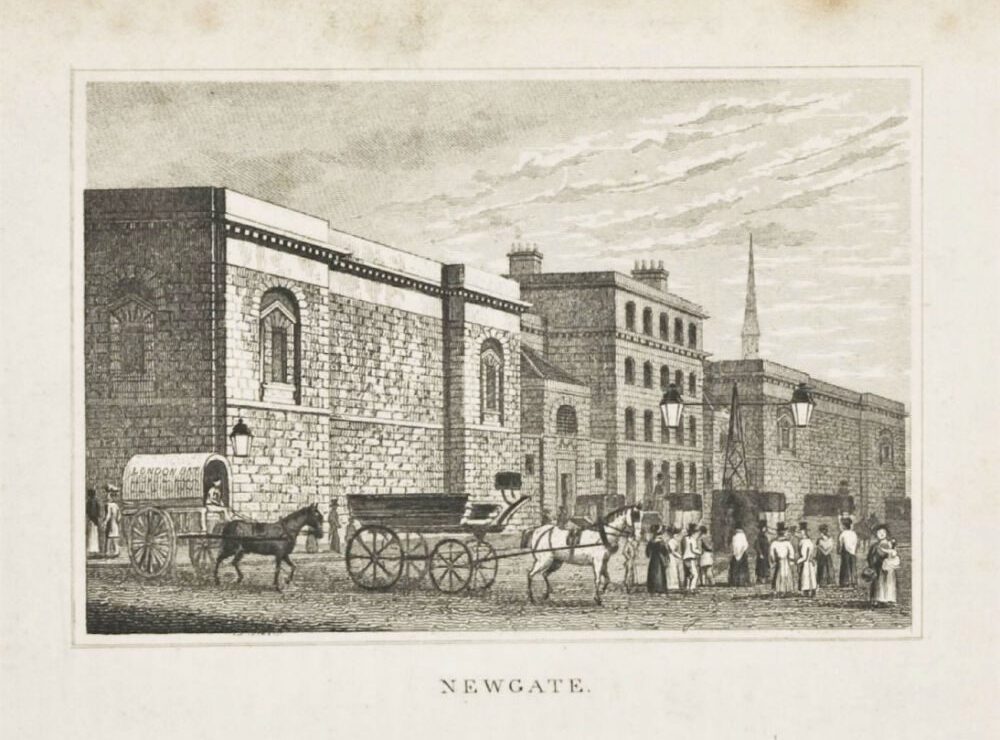 Victorian vacations and some unusual city sightseeing
Victorian vacations and some unusual city sightseeingJanuary is the busiest month of the year for travel agents. Once the glow of Christmas has worn off, and the cold winds of the New Year begin to bite, our thoughts inevitably turn to summer holidays. Accordingly, I thought I’d go in search of travel guides in Adam Matthew’s digital collections…
-
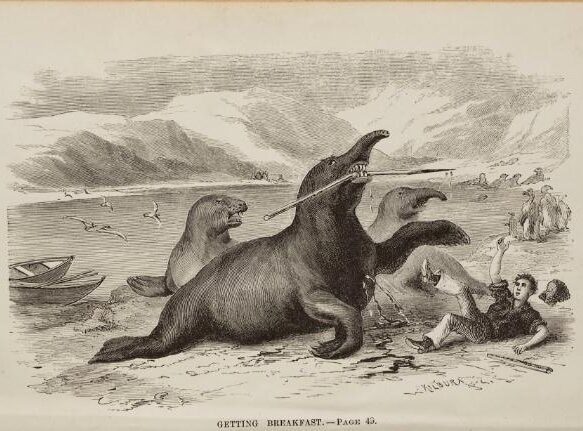 The Sailor and the Stolen Pudding
The Sailor and the Stolen PuddingWhilst researching for our forthcoming China, America and the Pacific project I came across a book entitled ‘Fore and Aft; Or Leaves from the Life of an Old Sailor’, by a chap called William Dane Phelps. As a teenager I sailed on the gaff-rigged pilot cutter, the Jolie Brise. Whilst my adventure on the high seas was fun, it was also at times testing. I was intrigued what it was like to be an actual sailor in the eighteenth century. And the answer is considerably harder!
-
 The Battle of Little Big Horn through America’s Cultural Lens
The Battle of Little Big Horn through America’s Cultural LensOne of America’s most famous battles saw an overwhelming victory for the Lakota, Cheyenne and Arapaho tribes. While almost half the entire 7th Cavalry Regiment was wiped out, the Sioux were described by the New York Times as “cruel, cowardly robbers”.
-
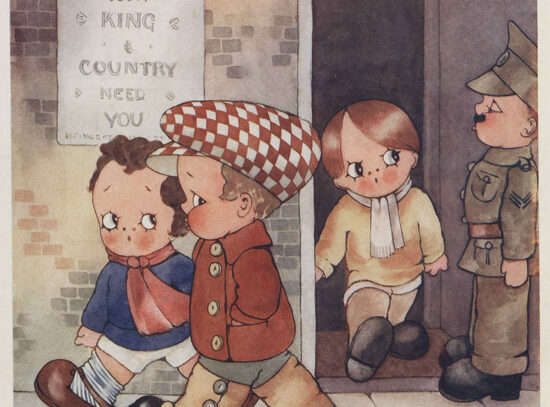 Peek-a-Boos Need You!
Peek-a-Boos Need You!What a treat it was to dive into a world of adventure when I was a child; of course, I still do that as an adult, with many novels by my bedside, but bright illustrations and light-hearted storytelling certainly played a huge part in whisking me away to a land of fantasy and endless possibility. For children during World War 1, the topic of war was ever-present in the classroom as well as in the comfort and cosiness of home. Whilst flicking through hundreds of fascinating items for our forthcoming First World War resource.
-
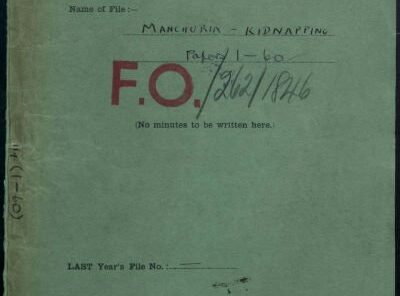 At Anchor in Bandit-Infested Waters
At Anchor in Bandit-Infested WatersOne of the things I love about working with the Foreign Office Files for China, 1919-1948 from The National Archives, Kew, is the discovery of fascinating stories tucked away amongst financial reports and shipping regulations. Diplomatic correspondence, whilst generally formal and polite, often hints to more emotional undercurrents, as seen in the numerous manuscript annotations and surprisingly frequent exclamation marks! This is particularly apparent when a document is passed between several correspondents, each of whom add a line to the bottom instead of beginning a new letter, rather like Facebook chat.
-
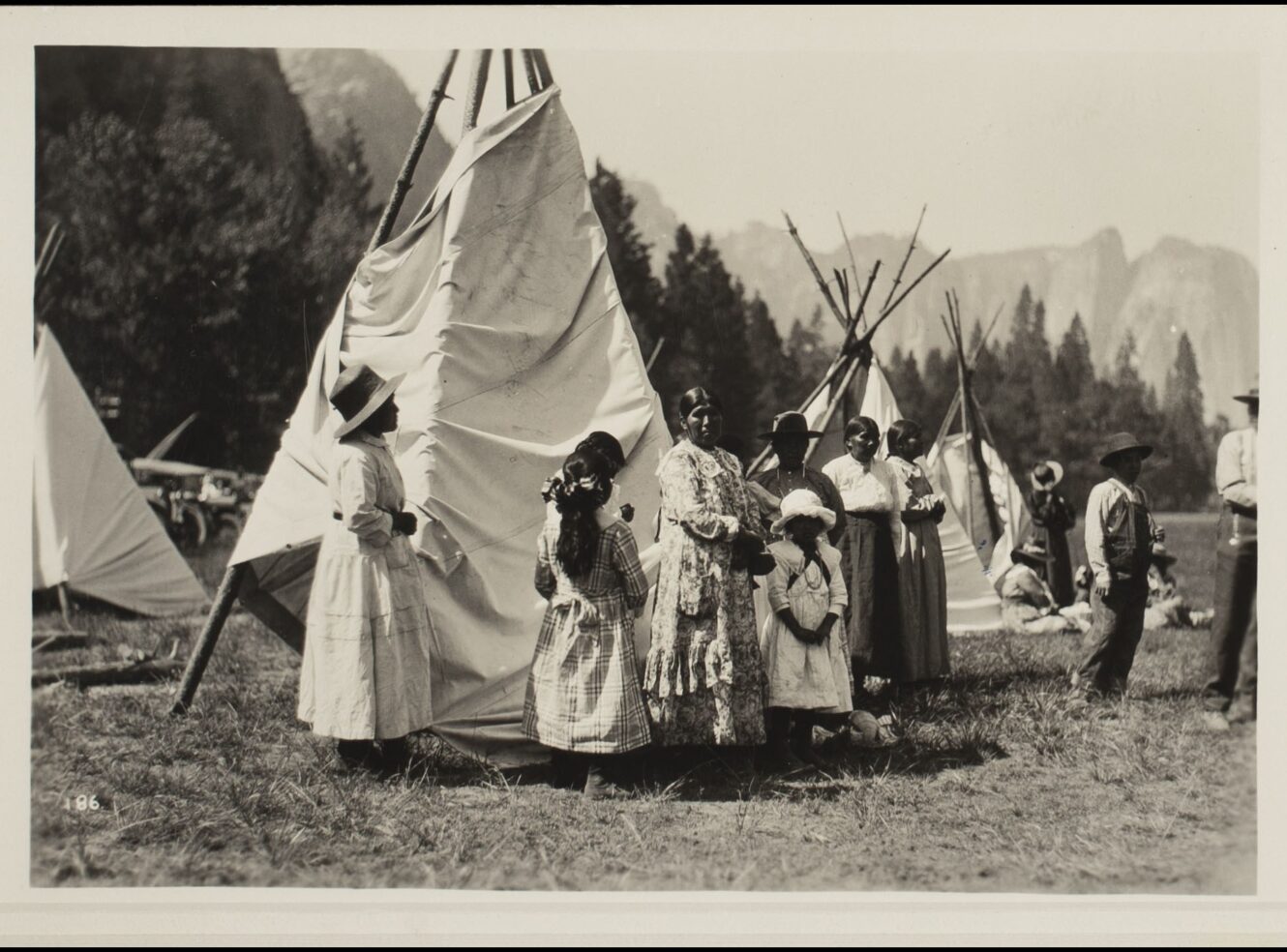 Life in the Valley: American Indians of Yosemite
Life in the Valley: American Indians of YosemiteOne year ago I found myself in one of my favourite places in the world, scrambling around the monstrous peaks of Yosemite National Park, California, generally gawping in awe of the picturesque landscape that enriched my view. So it has been exciting to be reminded of the park and descendants of its first inhabitants whilst indexing some evocative photographs belonging to the Newberry Library’s Ayer Collection, featured within Adam Matthew’s forthcoming publication American Indian Histories and Cultures.
-
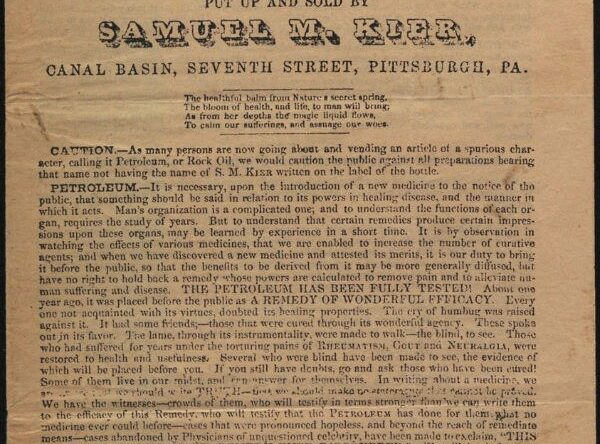 xThe Oily Swindlers of the Pennsylvania Boom
xThe Oily Swindlers of the Pennsylvania BoomEdwin Drake’s discovery of oil in Pennsylvania in 1859 is considered one of the major catalysts of the oil boom in the United States, but there were some who had already found ways to turn this seemingly useless substance into something profitable. Samuel M. Kier was one such character, and his “NATURAL REMEDY”, or panacea, to aid practically any given ailment (including total blindness, burns, rheumatism, chronic coughing, cholera, dysentery, sprains, bronchitis, asthma, tooth ache, deafness and piles) consisted of bottled crude oil at 50 cents a pop.
-
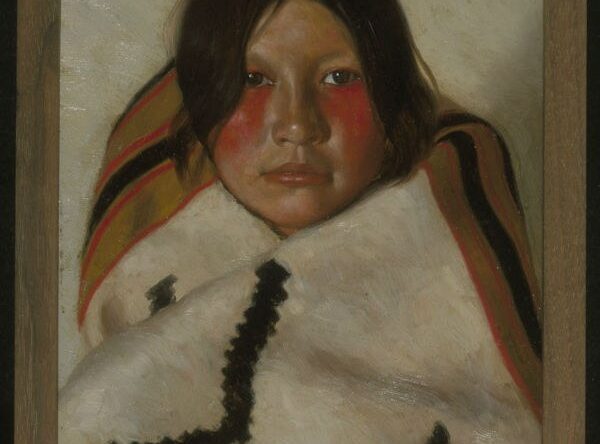 The Belle of the Reservation
The Belle of the ReservationGi-aum-e Hon-o-me-tah looks cosy wrapped up in her Kiowa blanket. Her cheeks are redder than her lips thanks to traditional face paint, and her eyes stare calmly into yours. Elbridge A. Burbank had a talent for capturing eyes; in his portraits of elderly chiefs he conveys solemnness and defiance, but with Gi-aum-e the impression is altogether different. Young and beautiful, her eyes look to the future, not the past.
-
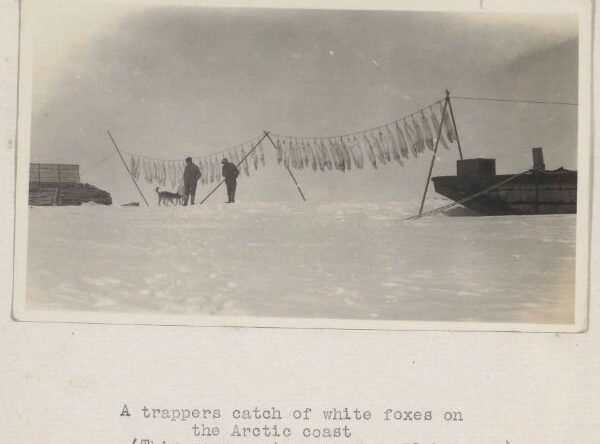 Fur Trading on a Frozen Land
Fur Trading on a Frozen LandThink of a shopping centre today and the image in the below photograph does not immediately spring to mind. This photograph is of a remote shopping centre in Canada owned by the Hudson’s Bay Company in the early 1900s. The Hudson’s Bay Company is still in existence today but ran as a fur trading business for much of its existence. Developing trading posts and buying land, the Hudson’s Bay Company came to dominate the Canadian fur trade by the eighteenth century.
-
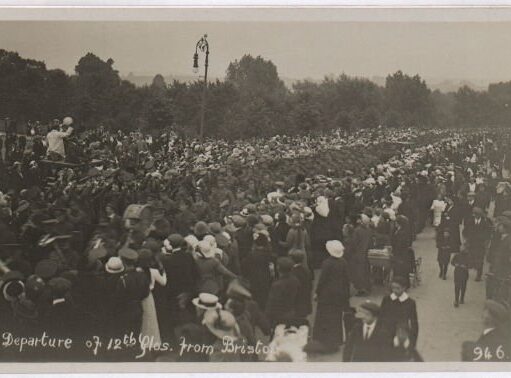 Patriotism of the Pals Battalions
Patriotism of the Pals BattalionsIt’s always fascinating when you come across old photographs of your local area. Not only can you see how a place has been completely modernised, but they also serve as a captivating snapshot of the past, particularly if they show a particular event or people in motion.
